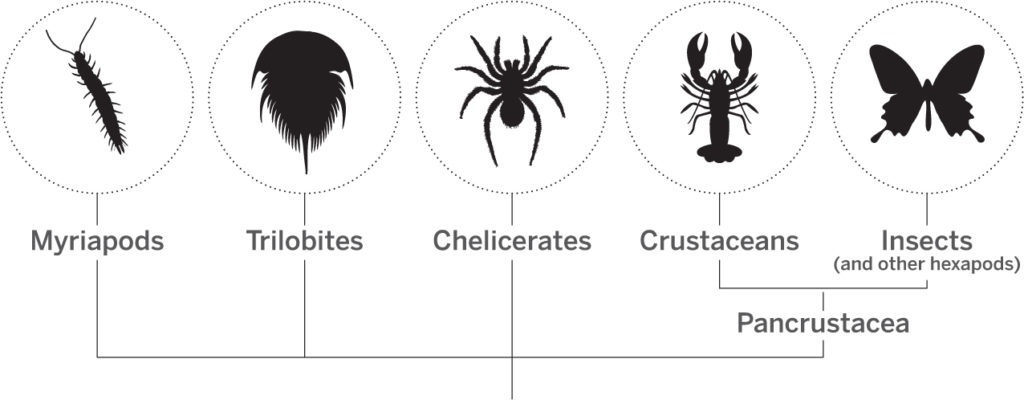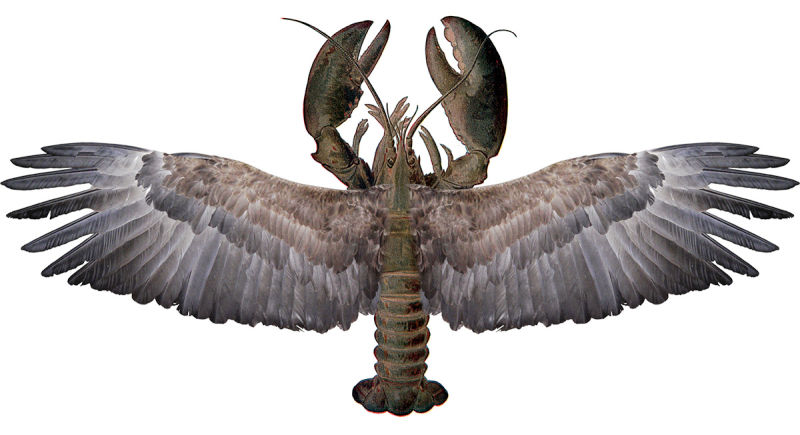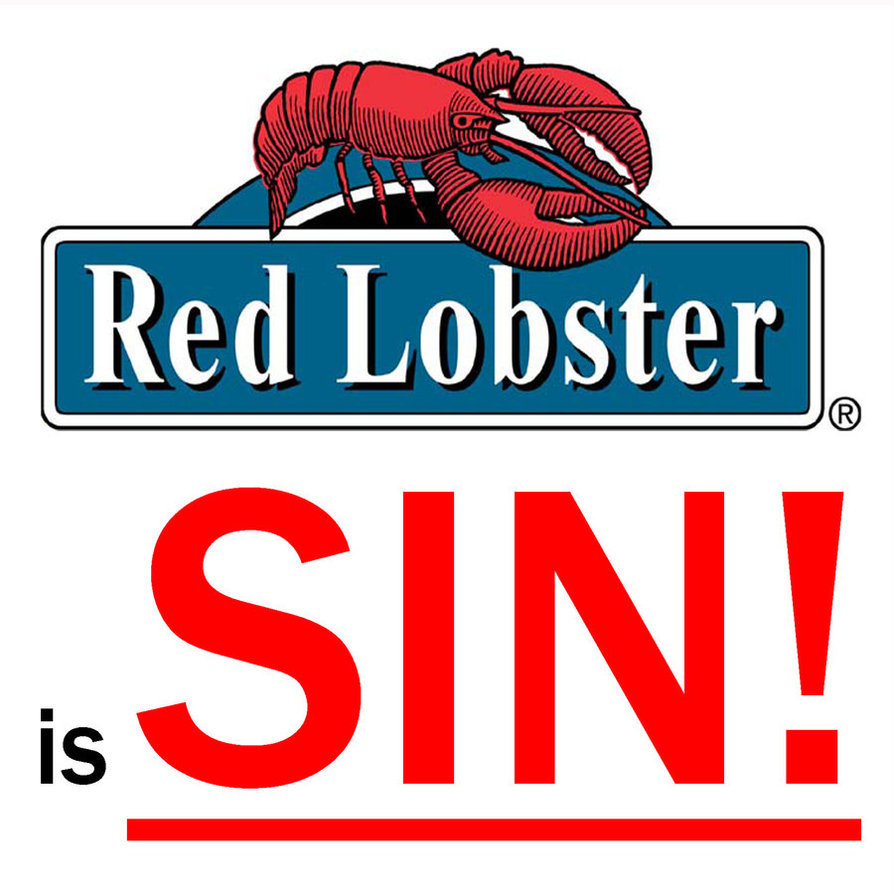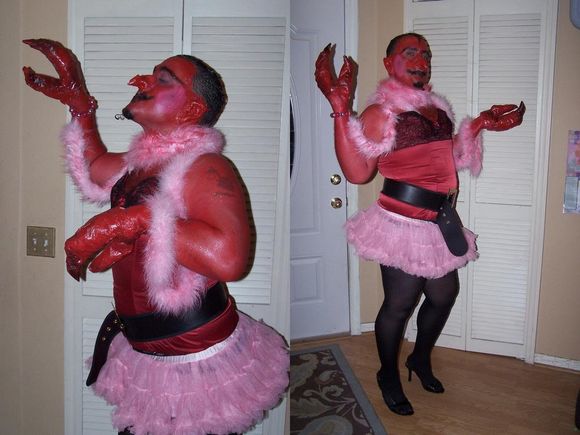The quote in the title of this post is from The Virgin Suicides by Jeffrey Eugenides. I’m going to go out on a limb and say it’s probably not the most meaningful, nor the most memorable quote in the novel, but it is the one I just read five minutes ago. I like it. There is, of course, truth to this statement. let me break it down for you:
 You can read what this picture says here: www.geek.com/news/lobsters-really-are-cockroaches-of-the-sea-1614260/
You can read what this picture says here: www.geek.com/news/lobsters-really-are-cockroaches-of-the-sea-1614260/
There are even tree lobsters http://www.npr.org/sections/thetwo-way/2016/02/11/465781993/love-giant-insects-meet-the-tree-lobster-back-from-the-brink, like the famed Hawk Lobster that the B-52’s immortalized in song –
 I like the truth of the quote, but I also like the meta-truth, which is different than the post truth. It’s definitely different from the truth I usually post. Actually, I’m sure meta truth is probably a real thing, but I don’t want to look it up; I just want to use the word the way I feel it should be used, regardless of its actual definition or accepted meaning. In other words, I want to divorce the word from its significance or intent and remarry it to whatever I believe it should mean. This process, is, roughly, post truth. I’ll get back to that in just a second. Meta truth, according to me, is going beyond the surface truth to myriad alternate truths that exist simultaneously or codependently with the original premise. As such, meta truth can encompass shades of meaning – for example, a lobster that learned to fly would no longer be a lobster; or that a lobster – or anything, really- is not just one thing, or doesn’t have to be the thing that it once had been.
I like the truth of the quote, but I also like the meta-truth, which is different than the post truth. It’s definitely different from the truth I usually post. Actually, I’m sure meta truth is probably a real thing, but I don’t want to look it up; I just want to use the word the way I feel it should be used, regardless of its actual definition or accepted meaning. In other words, I want to divorce the word from its significance or intent and remarry it to whatever I believe it should mean. This process, is, roughly, post truth. I’ll get back to that in just a second. Meta truth, according to me, is going beyond the surface truth to myriad alternate truths that exist simultaneously or codependently with the original premise. As such, meta truth can encompass shades of meaning – for example, a lobster that learned to fly would no longer be a lobster; or that a lobster – or anything, really- is not just one thing, or doesn’t have to be the thing that it once had been.
https://www.youtube.com/watch?v=iU39sqEQOms
In fact, when one looks at the possibilities of truth, we see that each truth contains its opposite, as in”To be, or not to be”, yin and yang, or ebony and ivory. And just to drive an obvious point even deeper into your squishy brain pan, since I alluded to Shakespeare, consider this, from Friar Laurence’s soliloquy from Romeo and Juliet:
The earth, that’s nature’s mother, is her tomb.What is her burying, grave that is her womb.And from her womb children of divers kindWe sucking on her natural bosom find,Many for many virtues excellent,None but for some and yet all different.Oh, mickle is the powerful grace that liesIn herbs, plants, stones, and their true qualities.For naught so vile that on the earth doth liveBut to the earth some special good doth give.Nor aught so good but, strained from that fair useRevolts from true birth, stumbling on abuse.Virtue itself turns vice, being misapplied,And vice sometime by action dignified.
Within the infant rind of this small flowerPoison hath residence and medicine power.For this, being smelt, with that part cheers each part;Being tasted, stays all senses with the heart.Two such opposèd kings encamp them still,In man as well as herbs—grace and rude will.
I’ll feel, therefore I’ll be. Let poverty go begging and climate change braise in hell. Social justice can drown in ink. I’ll be an activist of the emotions, a loud, campaigning spirit fighting with tears and sighs to shape institutions around my vulnerable self. My identity will be my precious, my only true possession, my access to the only truth. If my college does not bless me, validate me and give me what I clearly need, I’ll press my face into the vice chancellor’s lapels and weep. Then demand his resignation.
 Or, is her truth just that she is who she feels like being? Maybe she just is a sassy, sexy sea slut.
Or, is her truth just that she is who she feels like being? Maybe she just is a sassy, sexy sea slut.
Lobsters are not kosher and what is this “mickle” that Shakespeare talks about anyway? This entry is heavier than necessary cause I had to read it twice.